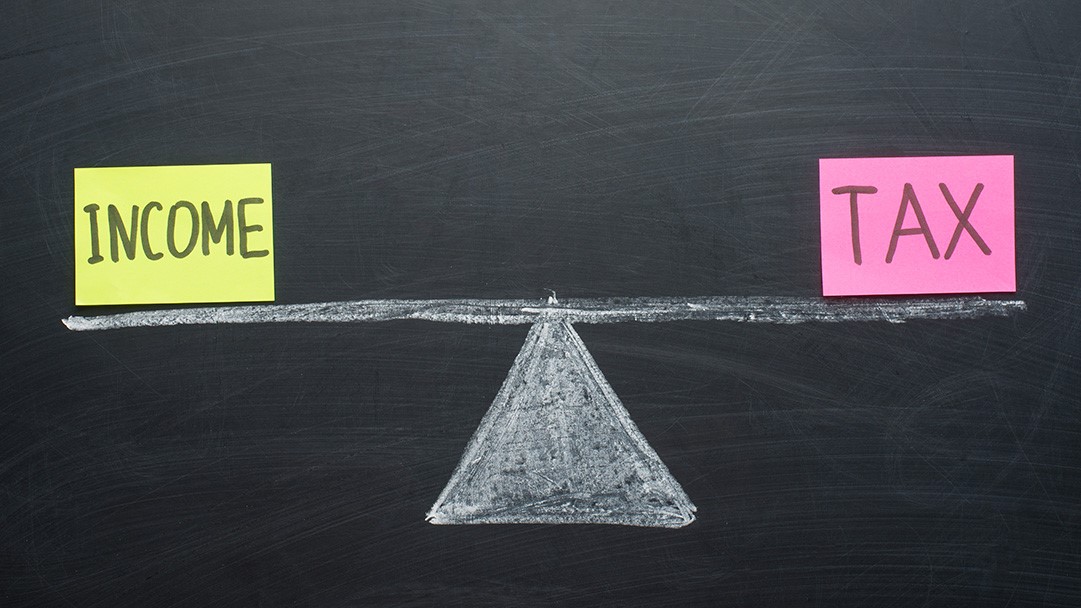Key Tax Deductions for Small Businesses in 2024
With tax season approaching, it's essential to understand the rules for asset write-offs to maximise your tax refund and ensure future business success. Discover how your business can benefit from these deductions.
Essential Tax Deduction Strategies for Small Businesses
Maintain Accurate Records: Use the myDeductions tool in the ATO app to keep your records organised.
Deduct Bad Debts: If your business can't recover a debt, you may be eligible for a tax deduction for the written-off amount.
Prepay Certain Expenses:
For payments covering no more than 12 months, an immediate deduction is generally available, including insurance premiums, phone and internet services, trade subscriptions, and rent.
Superannuation Contributions:
Ensure super guarantee contributions for employees are paid by the 28th day of the month following each quarter. For the June quarter, contributions are due by July 28.
Accurate Stock Valuation:
Damaged and obsolete stock can be written down or completely written off.
Tax Incentives for Small Businesses
If your business has invested in employee training, you might be eligible for tax benefits. Businesses with an annual turnover of less than $50 million could qualify for the small business skills and training boost.
The small business skills and training boost offers an additional 20% tax deduction for eligible external training courses. This measure applies to eligible expenses incurred from March 29, 2022, until June 30, 2024.
Pro Tip: Keep comprehensive records for at least five years to comply with tax laws and ensure efficient business management.

Simplified Depreciation Rules for Small Businesses
If your business has an annual turnover of less than $10 million, you can opt for the simplified depreciation rules.
Under these rules, assets worth less than $1000 can be immediately written off. Other assets are pooled for simplified depreciation calculations. However, if you stop using this method, you cannot use it again for at least five years.
Tax Concessions for Small Businesses
Eligible small businesses can access various concessions to reduce their tax liability. Eligibility depends on factors such as business structure, industry, and annual turnover. Verify eligibility each year before applying any concession.

Common Business Expenses for Tax Deductions
Businesses can claim deductions for most operational expenses, including vehicle expenses, travel costs, wages, and superannuation contributions. Visit the ATO website for more details on deductible expenses.
Updates on Tax Regulations
For the 2023-24 income year, the tax rate for most companies with an annual turnover of less than $50 million remains at 25%. Unincorporated small businesses with a turnover of less than $5 million can claim a 16% tax offset.
This article offers general information. Seek professional financial or legal advice for tailored guidance for your business.














